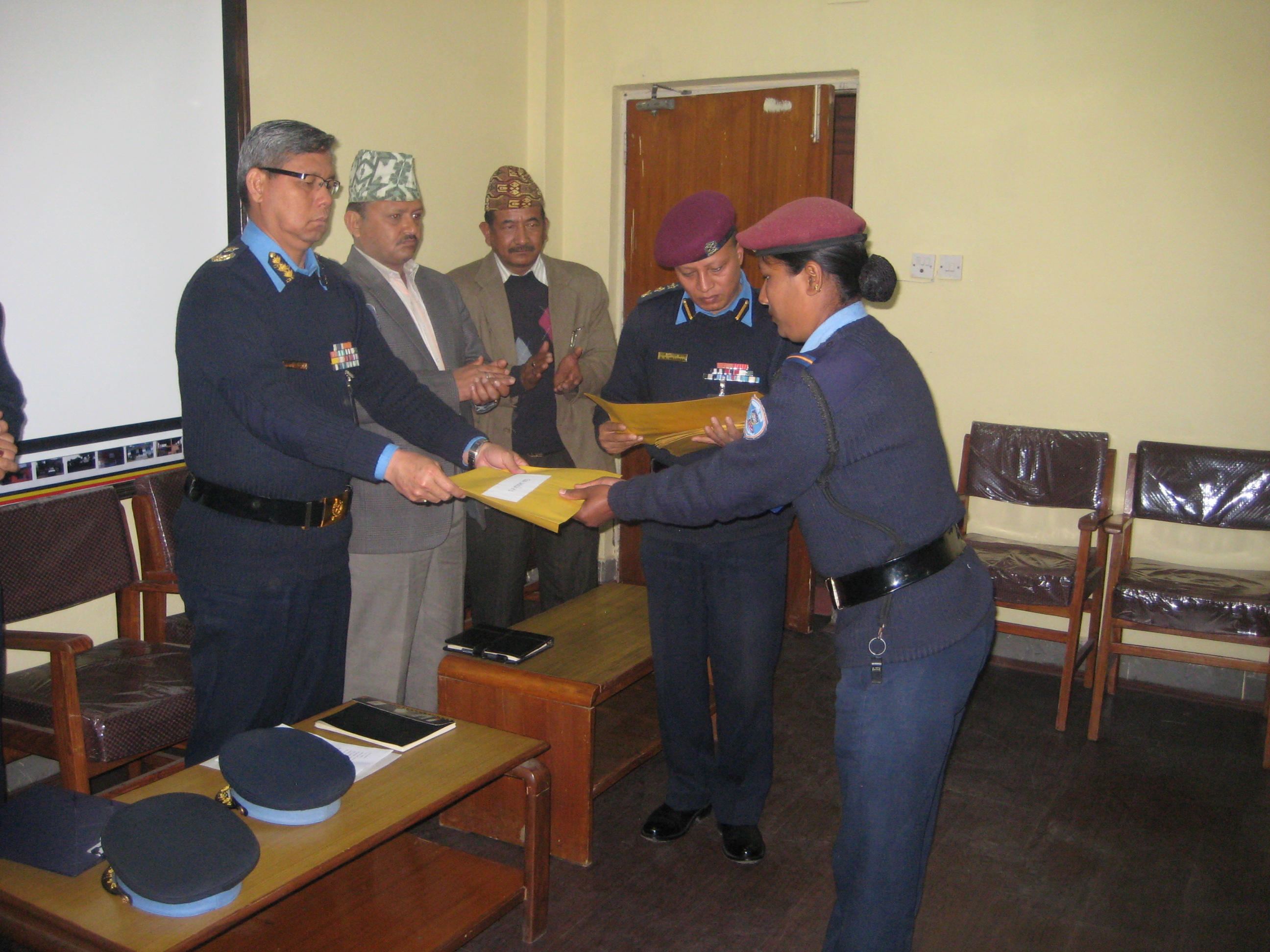About 50,000 women and girls work in restaurants, dance bars and massage parlors in Nepal’s capital, Kathmandu. Many of them endure brutal sexual abuse. One tool to ending the exploitation is to educate the country’s community police force to recognize sex slavery and respond to it effectively.
With that in mind, a six-day training project has helped transform the way police think about the way women are treated in Nepali entertainment establishments.
“This training really helped us to open our eyes,” said one participant. “We will put all our efforts to end this kind of crime from society.”
The officers watched films about the impact of sex slavery in Nepal. They heard presentations from Free the Slaves and from our frontline partner Shakti Samuha, an organization formed by sex slavery survivors.

“We are very hopeful that community police will cooperate to create a respectable workplace environment for women in the entertainment sector,” said Shakti Samuha chairperson Sunita Danuwar.
Participants received certificates and learned the importance of working with community organizations to identify hotspots, and to recognize the physical and psychological needs of survivors who are rescued. Activists have encountered police officers that refuse to file criminal cases, but the police commissioner says those days should be ending.
“This type of training will give the opportunity to understand, and create opportunity for working together in future,” said Police Commissioner Kuber Singh Rana.
You can read about other innovative techniques that FTS uses to fight slavery in Nepal on our Nepal webpage.


